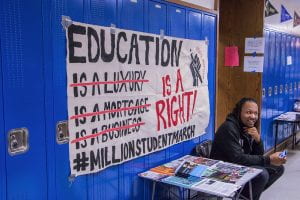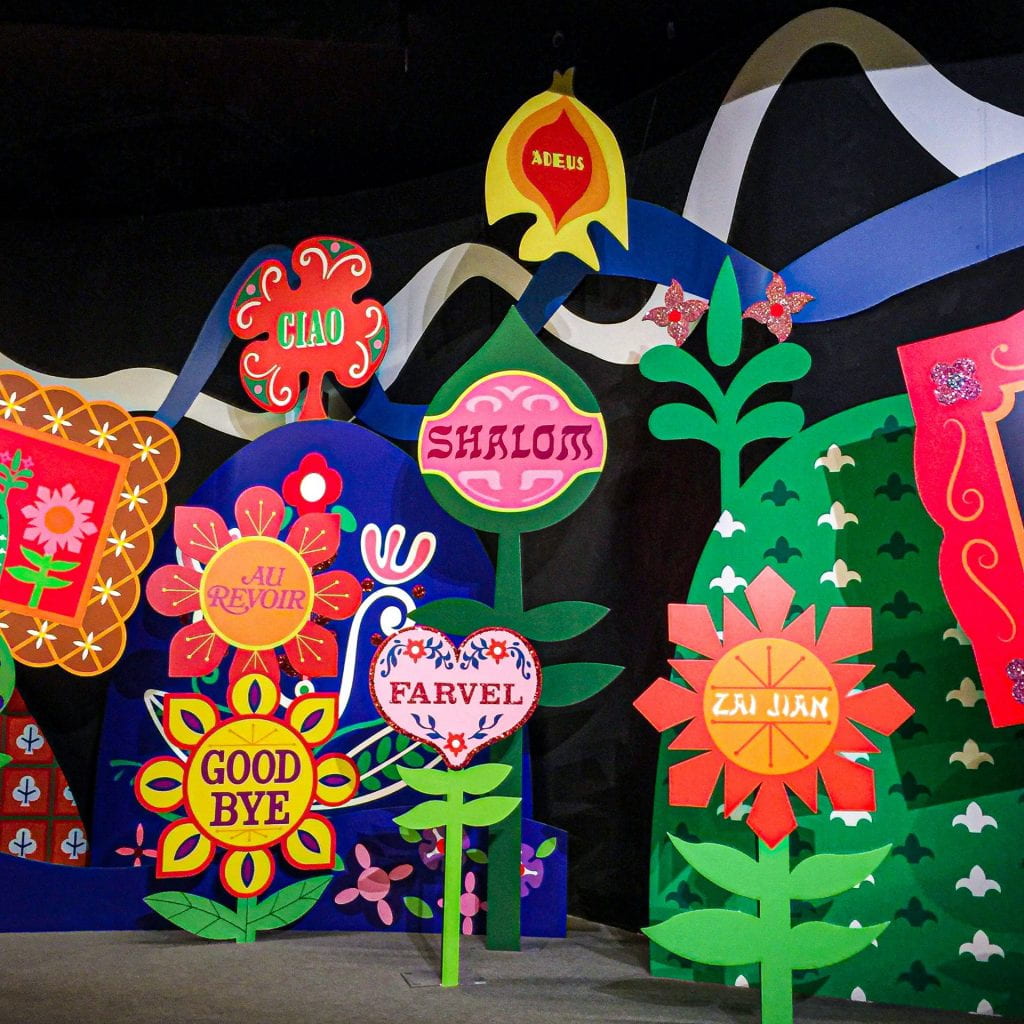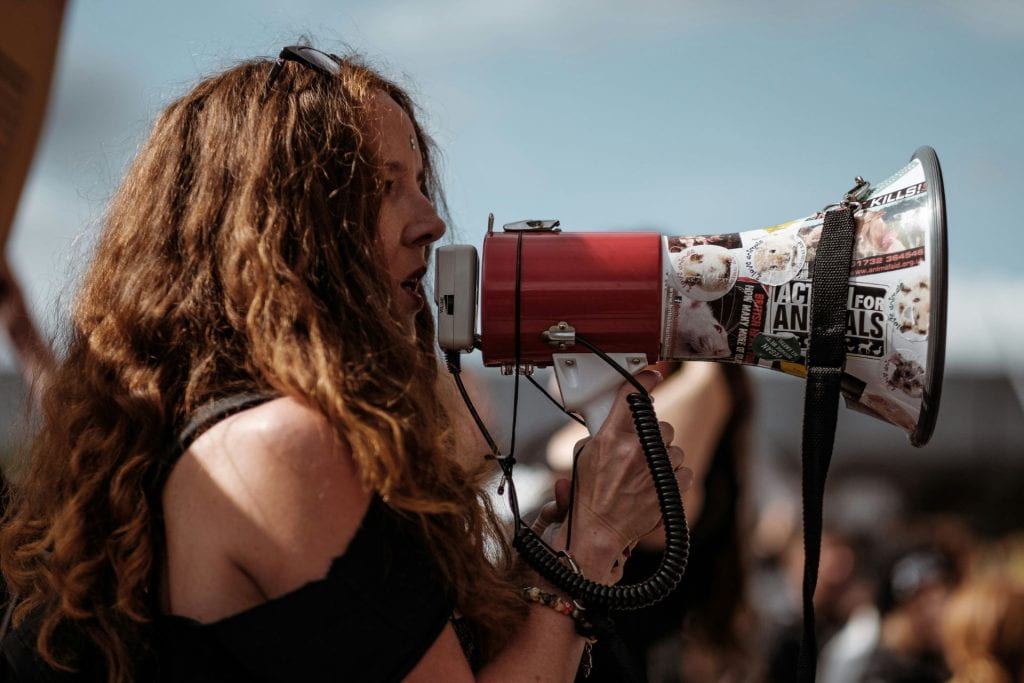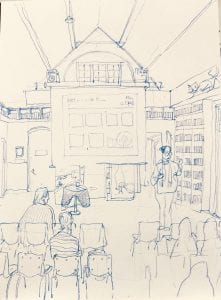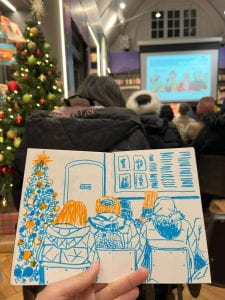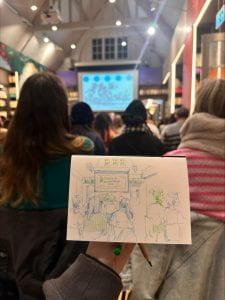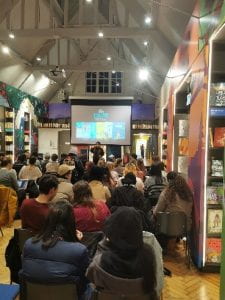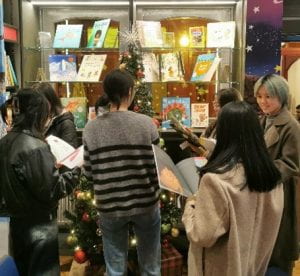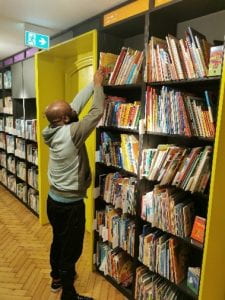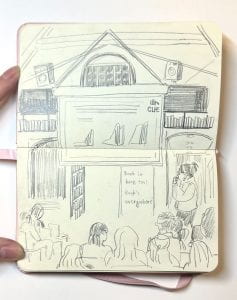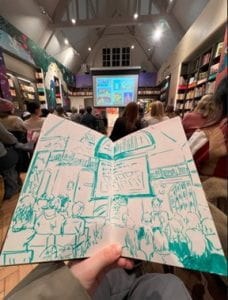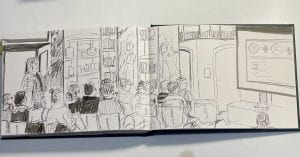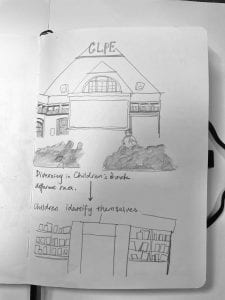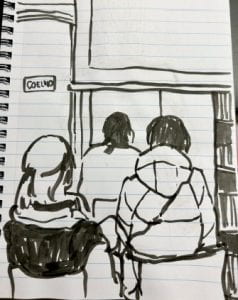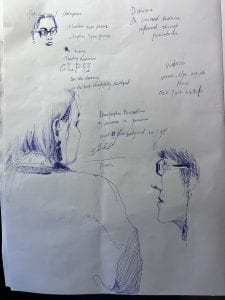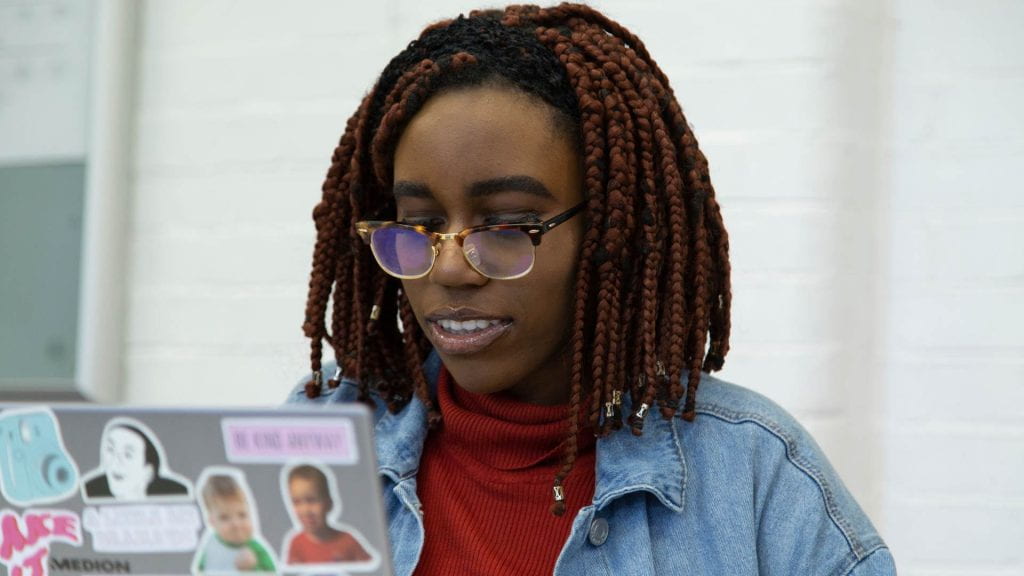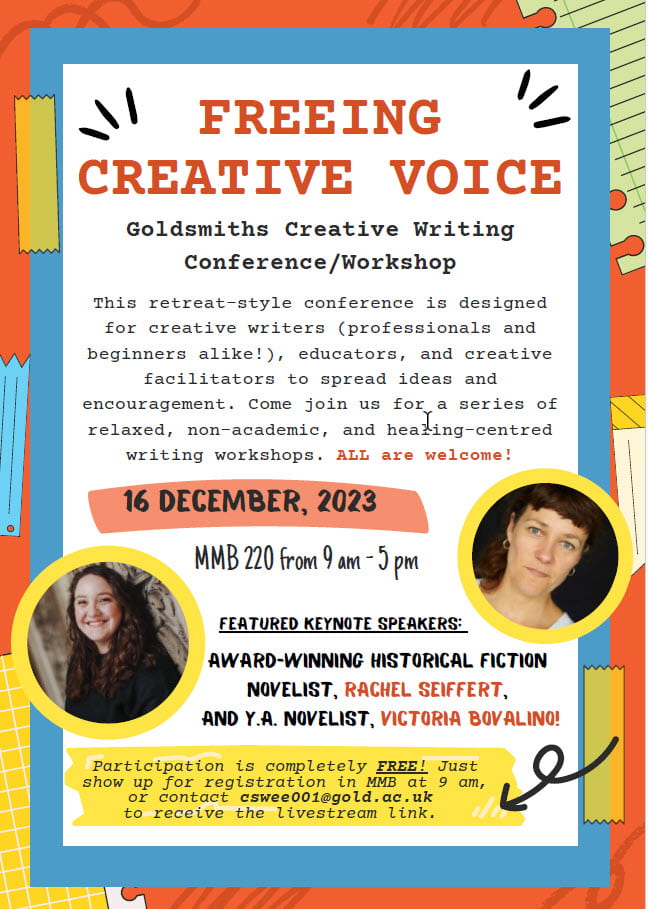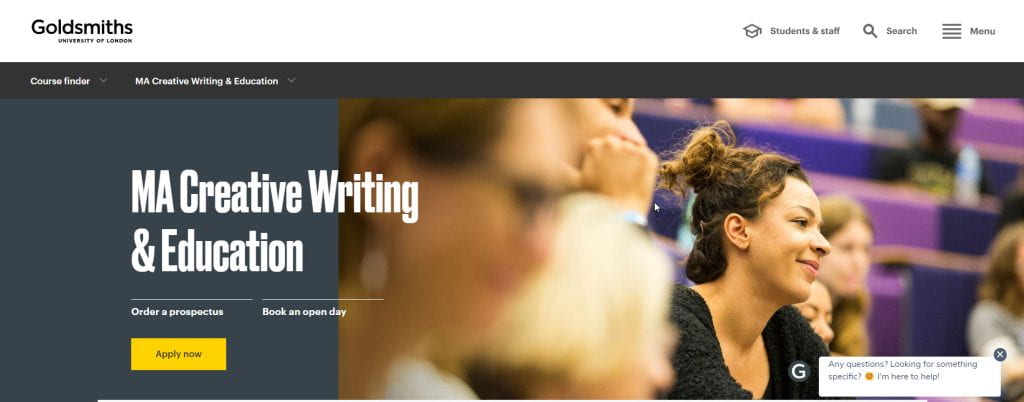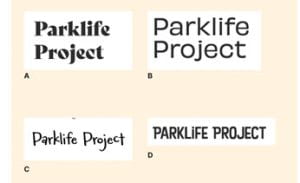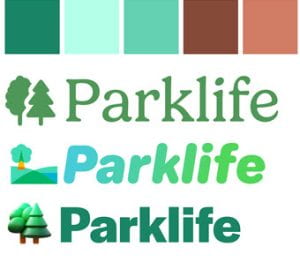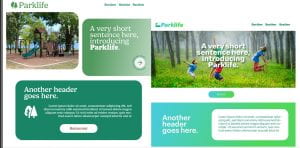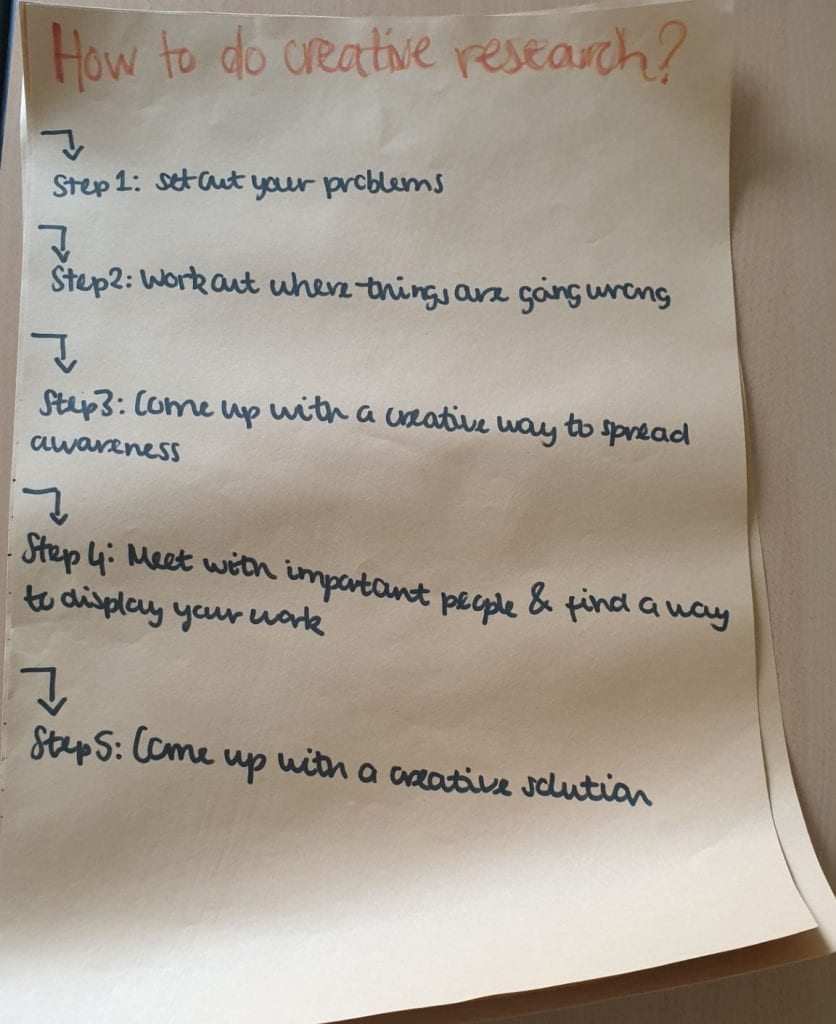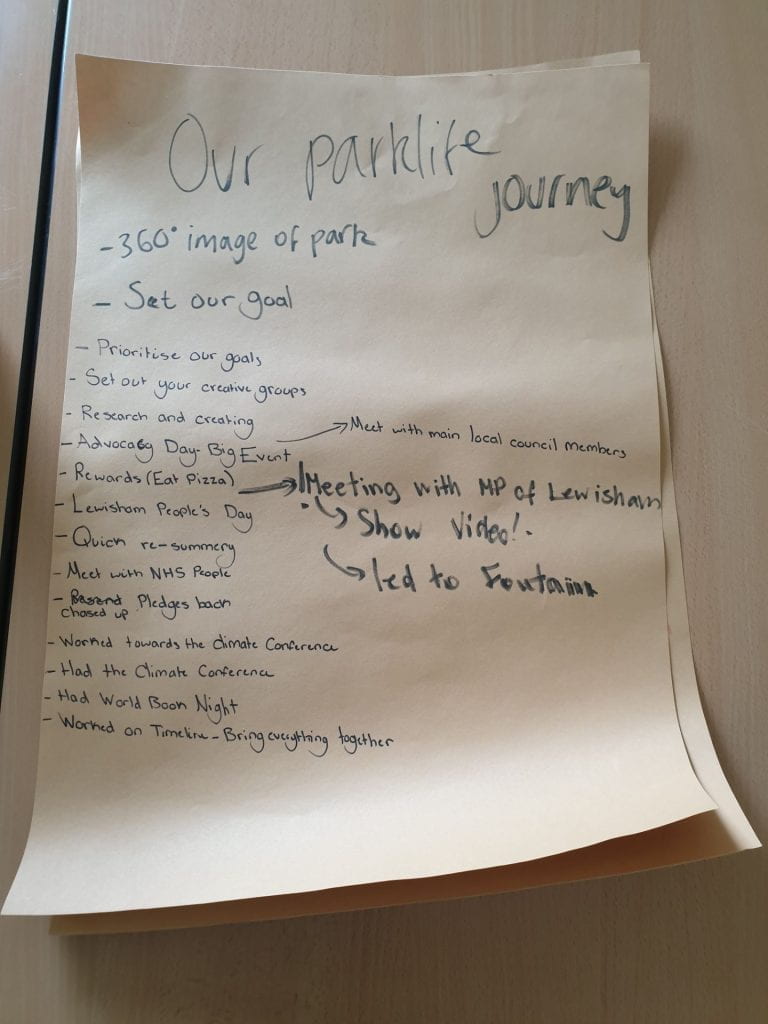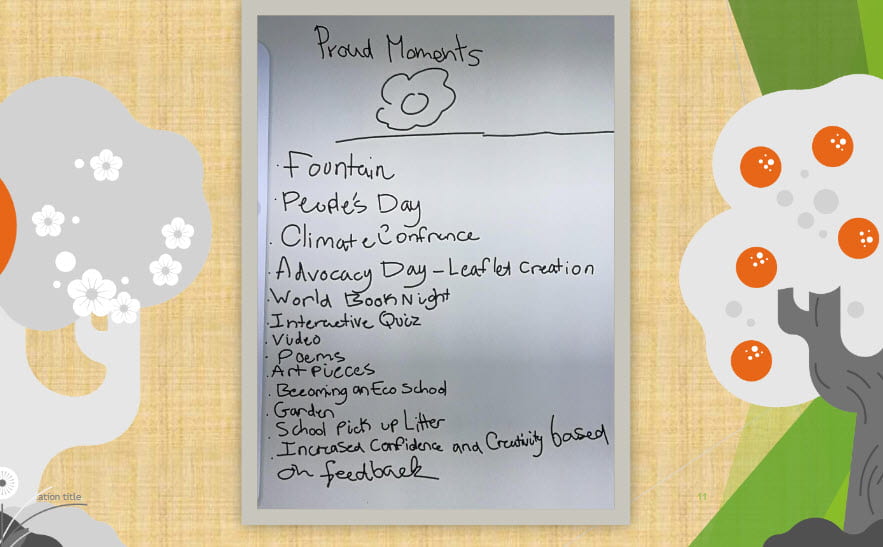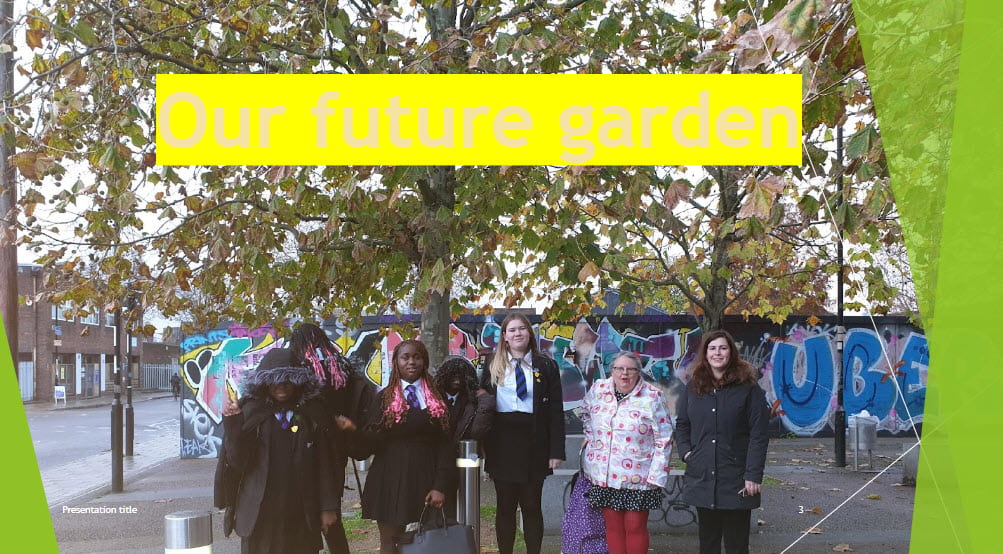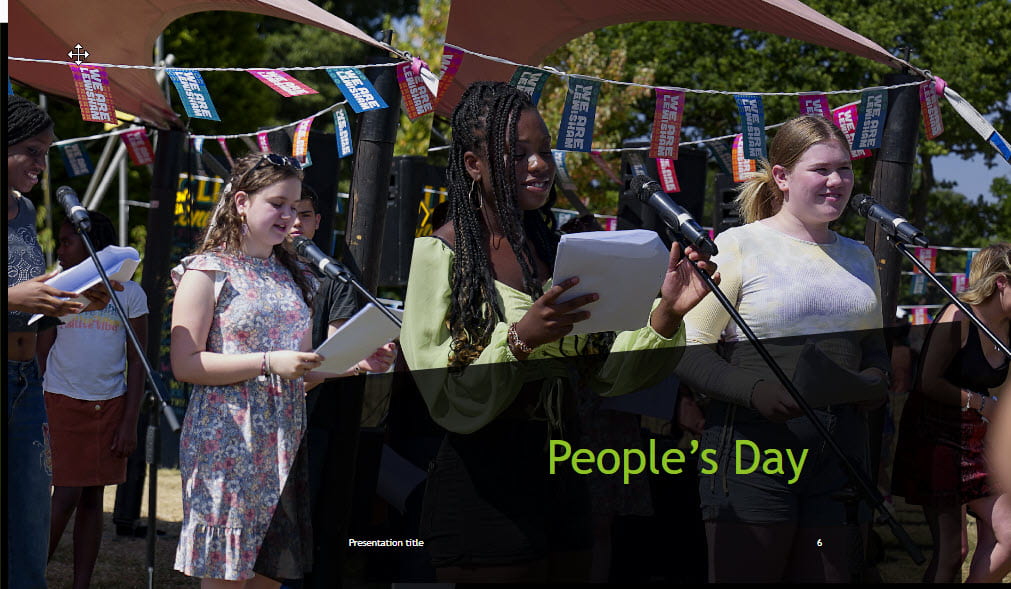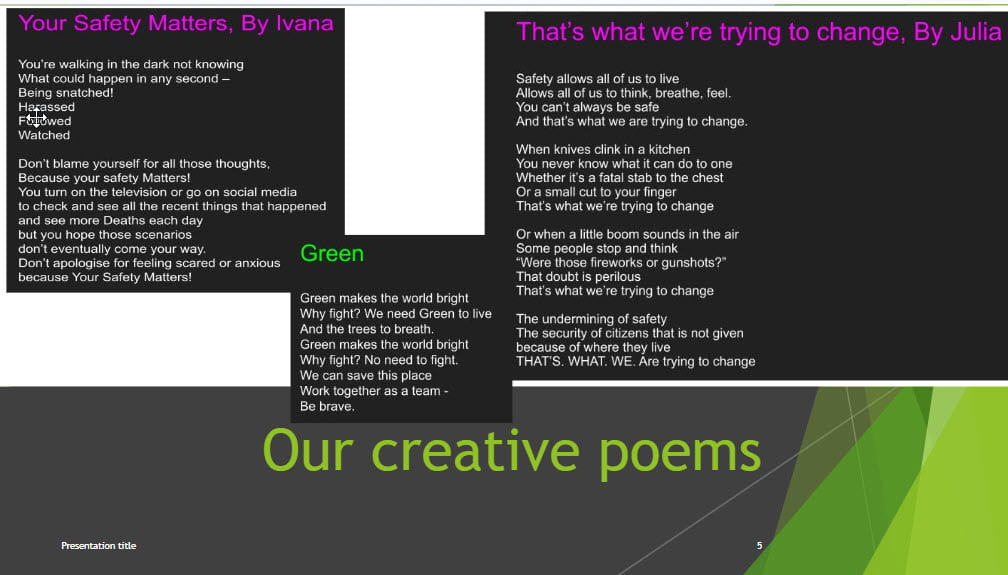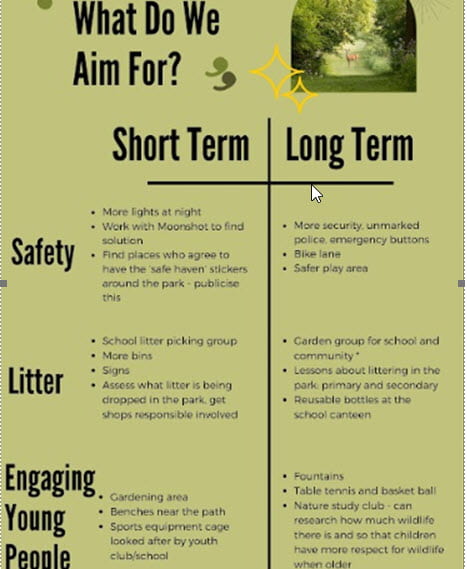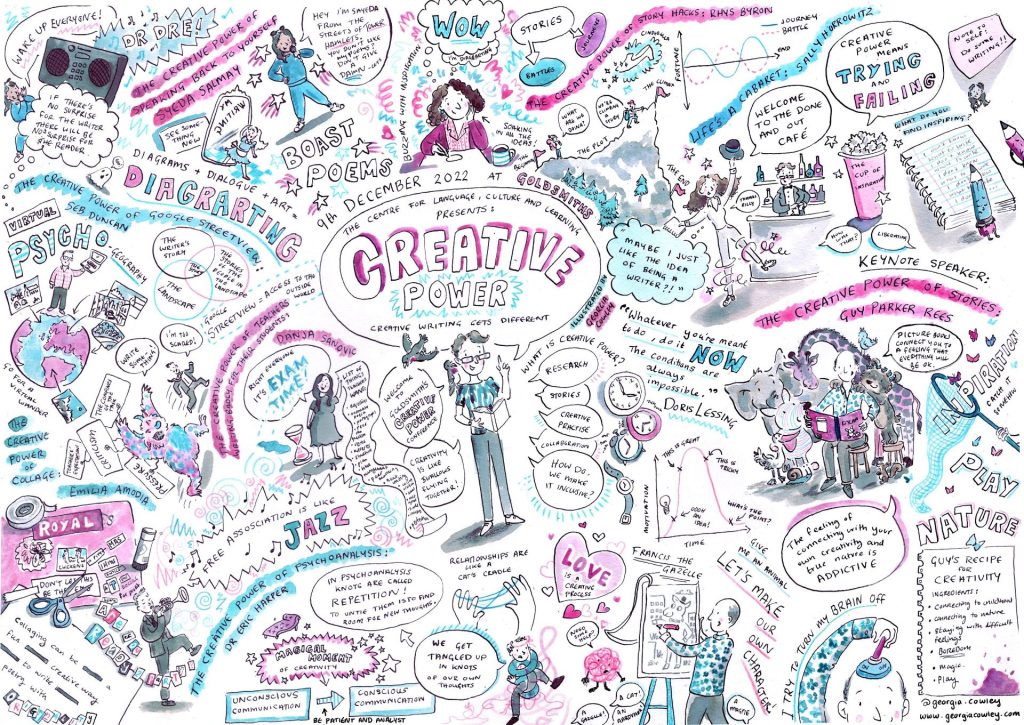“Education does not transform the World. Education changes people.
People Change the World” – Paulo Freire
Whether in the streets of London, primary schools in Nairobi or universities in Santiago, we witness and experience the impact of social injustices almost every day. We know that different people experience complex crises differently: from ongoing conflicts and anti-gender movements to racial inequalities and the climate emergency. There are of course geographical differences. For example, the UNESCO Global Education Monitoring Report found that while the out-of-school population fell by just 9 million globally, it increased in sub-Saharan Africa by 12 million. According to the United Nations, ‘inequity is perhaps the most serious problem in education worldwide’.
At Goldsmiths’ Educational Studies, we delve into the impact of these various issues on education and simultaneously explore how education might provide solutions. Through our MA in Education: Culture Language and Identity (soon to be MA Social Justice in Education) we explore ‘difficult’ and ‘messy’ questions such as: what is the role of teaching and learning in struggles towards social justice? How can education in diverse learning spaces (schools, universities, civil societies, museums) help us understand what social justice is and how to ‘get there’? How can we make classrooms more inclusive of and a safe space for diverse identities, languages and cultures?
While there is, of course, no single answer to these questions, take inspiration from the above words of Brazilian educator and revolutionary Paulo Freire. We believe that it is through people engaging in critical conversations that spark new ideas, consider new solutions, and potentially, ‘change the world’. In this MA programme, you will draw from your own professional and personal experiences, whether you are a primary school teacher, a school leader, a charity worker, a community facilitator, a museum practitioner or simply someone passionate about education. Through engaging with these difficult questions, you will have the opportunity to contribute to meaningful discussions and broaden your perspectives.
We believe that it is through people engaging in critical conversations that spark new ideas, consider new solutions, and potentially, ‘change the world’.
In this MA programme, we don’t only understand and identify issues but also explore existing initiatives from different parts of the world and how they address these challenges. We have sessions, for instance, that look at the role of language in bringing diverse communities together. We also engage in conversations with student activists who have successfully lobbied for policy change in their communities. The teaching team in this programme bring years of research and teaching experience in areas such as race and education, gender, language and global education and policy.
While we look at current research, we also learn from examples shared by our students. Many students have been catalysts for change in the schools they lead, in the movements they participate in and the initiatives that they spearhead. Following the course, some have pursued further studies, some taking up leadership position in their schools and some have worked on their government ministries.
The pursuit of social justice in education is complex and requires people from different professions and disciplines to come together. Our MA in Education, Culture, Language and Identity (soon to be MA in Social Justice in Education) offers a space for critical dialogue with like-minded peers and teachers. Join us in this journey as we continue to learn, question and advocate for a more just and inclusive society!
Written by Chris Millora and Veronica Poku
—–
More about our MA in Education, Culture, Language and Identity.
Learn more about this MA in an upcoming free event for offer holders and potential students here. We will be joined by Dominic Grego from Goldsmiths International Office who will share support available for international students.
More about Dr Veronica Poku’s (Head of Programme) research and teaching.
More about Dr Chris Millora’s research and teaching.
Book a one-to-one chat with Dr Chris Millora about the MA programme here.
